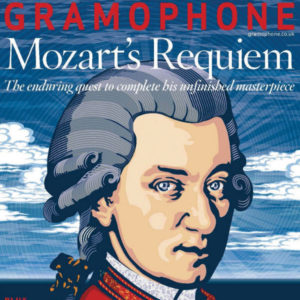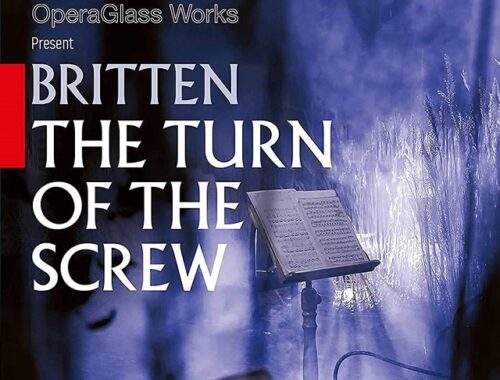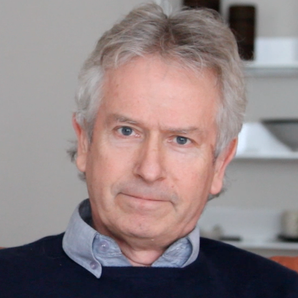Prom 37: Elgar “The Apostles”, Hallé Orchestra & Choirs, Elder – Review*****
For those of us who have always regarded The Apostles as the least of Elgar’s great trilogy of religious oratorios the magnificence of Mark Elder’s Hallé performance will have coaxed if not demanded re-evaluation. The Albert Hall is, of course, a wondrous place in which to unfold these multitudinous happenings if – and it’s a big “if” – you can manage it, but as “The Dawn” rose beyond Jerusalem and the upward-sixth call of the Hebrew shofar (ram’s horn) mingled with the ancient Hebrew chant of Elgar’s “Morning Psalm” to forge a mighty organ-buttressed climax we knew we were in the right place at the right time.
Elder’s preparation of The Apostles is now so fine-tuned that pages one might previously have thought of as longueurs now grip the imagination in the poetry of their restraint. How beautifully Jacques Imbrailo’s Jesus presided over the Beatitudes tableau mindful of not over-colouring the text with untoward “significance” but rather conveying through his honeyed baritone an inner-calm and authority. It’s that pureness but virility that marked out his Billy Budd under Elder at Glyndebourne last year. Then there was Alice Coote’s Mary Magdalene “In the Tower of Magdala” making words matter with her customary intensity. These passages could not be further removed from the emotive arias of Gerontius or The Kingdom but when the conductor and performers know precisely why they are there, they draw us in.
Elder is a past master of doing just that. He’s a man of the theatre who understands how atmosphere and a profound sense of contemplation is created through the inwardness of a pianissimo (my goodness, they were ear-pricking here) and conversely how the big fortissimos need to be not just big but visionary, too. He also knows that Judas‘ betrayal is at the very heart of the piece dramatically and in casting Clive Bayley, a forceful stage animal, he would be able to capitalise on the overt nature of these sections. Bayley’s incisively craggy delivery conveyed wonderfully the crazed anguish of Judas‘ undoing and his descent into eternal darkness – “I am unto myself more grievous than the darkness” – revealed Elgar at his most innately dramatic, the pedal bass in his orchestra precisely mirroring that in Judas‘ voice before a single mighty crescendo signals the moment of Jesus‘ crucifixion and death.
The choral singing from the combined Hallé and London Philharmonic choirs was thrillingly unanimous and rhythmically precise despite such large numbers and the clarity and freshness of young voices – the Hallé Youth Choir – brought something really resonant to the Mystic Chorus of “The Ascension”. Equally telling was Elder’s decision to incorporate Elgar’s 1921 revision in establishing a separate group of male voices to represent the apostles as individuals. And so the great climax of resurrection shook the hall and as the Hallé violins assumed the ascendancy and the Alleluias rang out an extraordinary feeling was tangible in the audience – the collective knowledge that we had, quite simply, experienced something special.
You May Also Like

GRAMOPHONE: From Where I Sit – November 2017
06/12/2017
GRAMOPHONE Review: Britten The Turn of the Screw (DVD) – Soloists, OperaGlass Works, Sinfonia of London/Wilson
10/01/2022